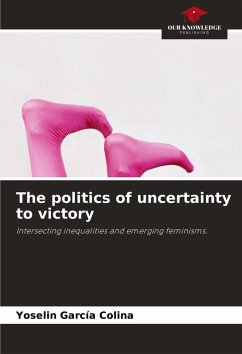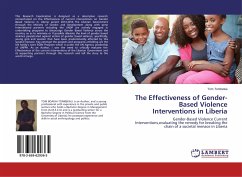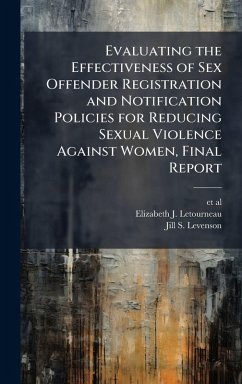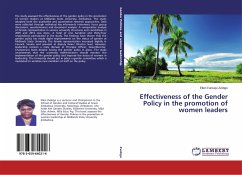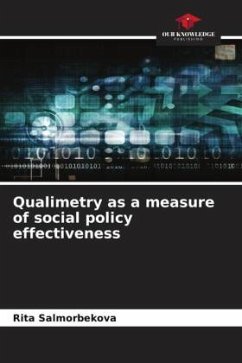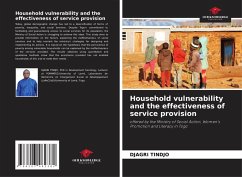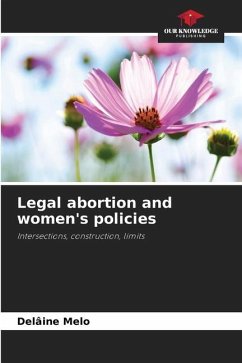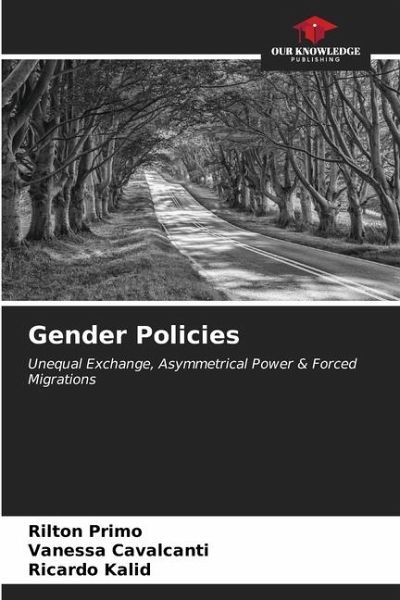
Gender Policies
Unequal Exchange, Asymmetrical Power & Forced Migrations
Versandkostenfrei!
Versandfertig in 6-10 Tagen
36,99 €
inkl. MwSt.

PAYBACK Punkte
18 °P sammeln!
This book analyses the flows and interdictions concerning various gender interfaces, from unequal exchanges in agroecology, through asymmetrical powers in economic emancipation to forced migrations, tracing the socio-demographic profiles of those involved and pointing out the need and possibility of improving public processes and policies aimed at these subjects. The data presented and analysed are the tips of icebergs, showing rigour and multiple methodologies. This book has set itself the goal of a dense description, centred on theoretical, regulatory and empirical references but, for this v...
This book analyses the flows and interdictions concerning various gender interfaces, from unequal exchanges in agroecology, through asymmetrical powers in economic emancipation to forced migrations, tracing the socio-demographic profiles of those involved and pointing out the need and possibility of improving public processes and policies aimed at these subjects. The data presented and analysed are the tips of icebergs, showing rigour and multiple methodologies. This book has set itself the goal of a dense description, centred on theoretical, regulatory and empirical references but, for this very reason, on the need to portray monitoring variables through qualitative and quantitative assessments of information uncertainties, airing the debate that ends up being configured in iterative assessments of international agendas and specific policies.



